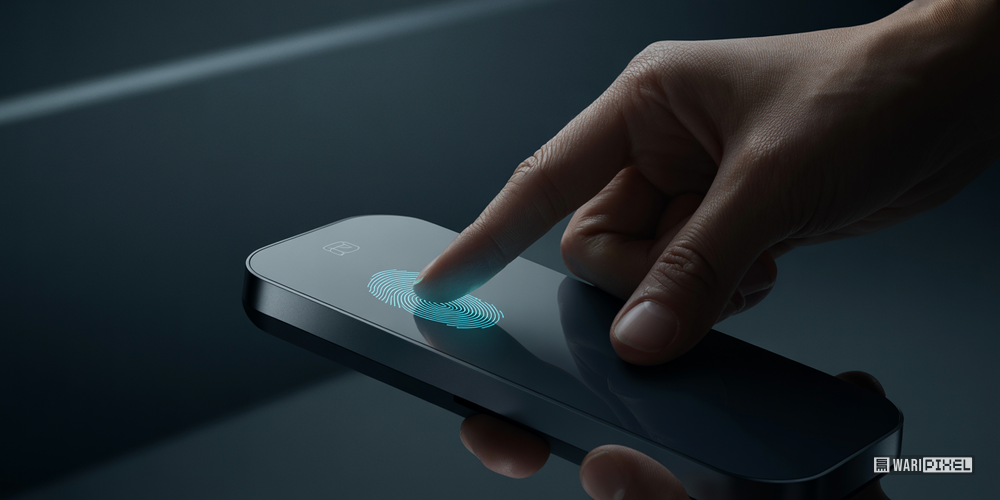The Hidden Psychology Behind Promotional Product Success
Why do some promotional products end up treasured on desks while others disappear into junk drawers within hours? The answer lies not in the products themselves, but in the powerful psychological principles that govern human behavior. Understanding these hidden forces can transform your promotional product recommendations from random selections into strategic psychological tools.
The promotional products industry operates on psychological principles that most distributors never fully understand or leverage. Every successful promotional product campaign taps into fundamental aspects of human psychology: reciprocity, social proof, commitment consistency, and emotional attachment. These aren’t marketing theories; they’re hardwired behavioral patterns that influence every purchasing decision and brand interaction.
Reciprocity stands as the most powerful psychological force in promotional marketing. When someone receives a gift, even a small one, they experience psychological pressure to reciprocate. This isn’t conscious manipulation; it’s a fundamental social contract that has governed human interactions for millennia. The key lies in understanding that reciprocity’s power depends not on the gift’s monetary value, but on its perceived thoughtfulness and relevance.
Research in behavioral psychology reveals that reciprocity triggers are strongest when gifts appear personalized and unexpected. A promotional product that clearly demonstrates understanding of the recipient’s needs or interests creates stronger reciprocal obligations than expensive items that feel generic. This explains why a 3promotionalitemthatsolvesaspecificproblemoftengeneratesmorebusinessthana3 promotional item that solves a specific problem often generates more business than a 3promotionalitemthatsolvesaspecificproblemoftengeneratesmorebusinessthana20 gift that lacks relevance.
The timing of promotional product delivery significantly impacts psychological effectiveness. Items received during moments of frustration or need create stronger emotional associations than those distributed during neutral circumstances. Smart distributors understand this principle and time their promotional campaigns to coincide with industry challenges, seasonal needs, or business cycle pressures.

Social proof psychology plays an equally important role in promotional product success. Humans naturally look to others for behavioral cues, especially in uncertain situations. Promotional products that clearly indicate social status, group membership, or popular choices leverage this psychological tendency. This is why branded merchandise from prestigious companies or exclusive events carries disproportionate psychological weight.
The psychology of ownership creates another powerful promotional product advantage. Once someone takes possession of an item, they begin to value it more highly than before they owned it. This “endowment effect” means that promotional products, once accepted, become psychologically valuable to recipients regardless of their original cost. The challenge lies in ensuring initial acceptance and preventing immediate disposal.
Emotional attachment formation follows predictable psychological patterns. Items that connect to personal identity, professional aspirations, or meaningful experiences develop stronger emotional bonds. Promotional products that help recipients express their personality, demonstrate their expertise, or remember positive experiences tap into these deep psychological needs.
The concept of “useful beauty” combines practical psychology with aesthetic appeal. Humans naturally retain items that serve functional purposes while also providing visual pleasure. Promotional products that successfully balance utility with attractive design create the strongest psychological retention patterns. This explains why well-designed desk accessories, quality writing instruments, and attractive technology accessories consistently outperform purely decorative items.
Cognitive dissonance theory provides insights into promotional product acceptance and retention. When recipients receive high-quality promotional items, they experience psychological pressure to justify keeping them. This justification process often involves developing more positive attitudes toward the sponsoring brand. Conversely, cheap or poorly made items create negative cognitive dissonance that can harm brand perception.
The psychology of scarcity and exclusivity significantly amplifies promotional product impact. Items that appear limited, exclusive, or difficult to obtain trigger psychological value enhancement. This principle explains why promotional products from major events, limited editions, or exclusive programs generate stronger responses than widely available alternatives.

Memory formation and recall patterns influence long-term promotional product effectiveness. Items that engage multiple senses, connect to existing memories, or create new memorable experiences develop stronger neural pathways. Promotional products that incorporate texture, sound, or unique visual elements create more robust memory associations than standard items.
The psychological concept of “peak-end rule” suggests that people judge experiences based on their peak moment and how they end. Promotional products that create positive peak experiences during initial interaction and maintain quality over time generate more favorable long-term brand associations. This principle emphasizes the importance of first impressions and durability in promotional product selection.
Understanding promotional product psychology transforms random gift-giving into strategic influence campaigns. The distributors who master these psychological principles consistently achieve higher response rates, stronger client relationships, and more measurable business results.
Leverage psychological principles in your promotional product presentations with our exclusive collection of 12 images that demonstrate psychological impact and emotional connection. These carefully curated images help you explain the science behind promotional product success to your clients. Access your free psychological impact image collection and start applying behavioral science to your promotional campaigns today.